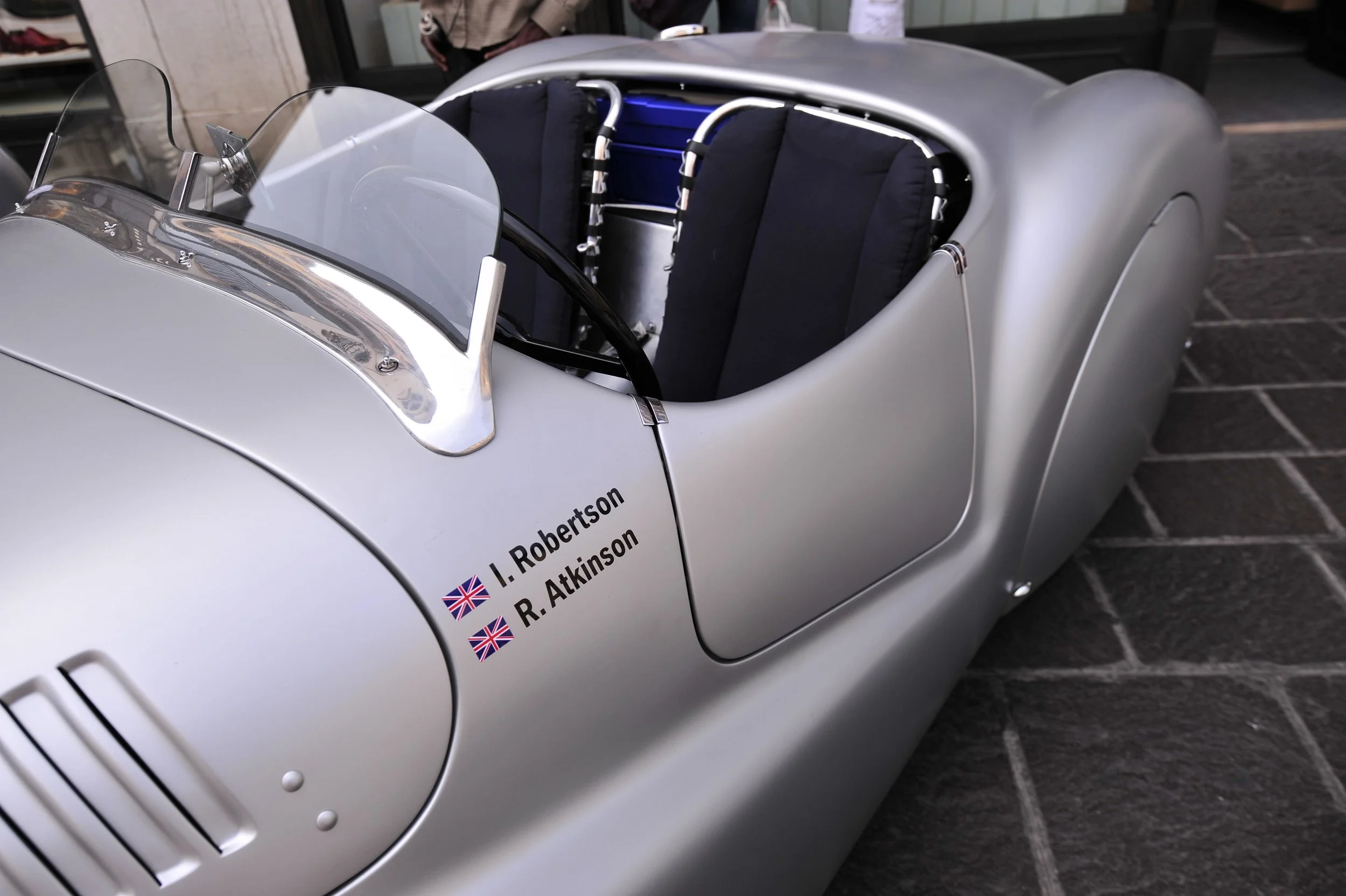Electric dream
By Steve Sharp
Pretty well anyone thinking about getting a new car will be considering, if not already committed to, going electric. By 2030 we will have no choice in the matter with manufacturers “sunsetting” petrol and diesel engines by order of the government.
A rumbling of concern about electric cars came from an unlikely source earlier this month in the form of a piece in Mail Online by Rowan Atkinson. Unlikely, that is, until you are acquainted with his credentials.
Seen in the roles of buffoons like Mr Bean and Johnny English, you might not take his opinion on a significant financial commitment seriously, but baby boomer Atkinson, 68, holds a degree in electrical and electronic engineering with a subsequent master’s in control systems from Oxford.
He is also a fanatical car enthusiast owning and racing a number of vehicles. His McLaren F1 caught fire in Lancashire and caused him to crash, resulting in a record-breaking insurance claim of £910,000!
“I love electric vehicles – and was an early adopter. But increasingly I feel duped” he writes.
“Sadly, keeping your old petrol car may be better than buying an EV. There are sound environmental reasons not to jump just yet.”
On the face of it electric cars have zero exhaust emissions which is great for the environment. But the manufacturing process, especially of batteries, produces shockingly high greenhouse gas emissions.
His opinion is that hydrogen power is a much better alternative with Toyota and British yellow digger manufacturer JCB making huge progress in engine development.
In the meantime, he points out that, “When I was a child, any car that was more than five years old was a bucket of rust…...You can now make a car for £15,000 that, with tender loving care, will last for 30 years.”
“We should keep developing hydrogen as well as synthetic fuels to save the scrapping of older cars, which still have so much to give, while simultaneously promoting a quite different business model for the car industry, in which we keep our new vehicles for longer, acknowledging their amazing but overlooked longevity.”
Meanwhile Panorama’s programme on the subject revealed the woefully inadequate availability of functioning high-speed chargers and the higher cost of initial purchase. But top of the list of worries from users was something called “range anxiety”. A fixation with the battery monitor running down and wondering if you will make it to the next working charging spot.
The programme left me feeling that if you do short journeys and charge at home then it’s a great solution, but if you drive far and wide and want to get there in good time, then not so good.
Atkinson, like many baby boomers one assumes, grew up deciding whether to choose an eight track over cassette, VHS over Betamax and Walkman over Discman, and the fear of getting it wrong.
At a local charity fundraiser for Ukraine last weekend a neighbour had a stall of DVD’s, CD’s, VHS cassettes etc, hoping to shift some of them out of his house. He made the mistake of inviting donations from other locals and ended up with significantly more stock than he started with!
If you think back about music, where we started with vinyl records and big sound systems, and ended with streaming and small smart speakers, then maybe there will be several iterations of personal transport over the next fifty years, and perhaps not just electric.
For a truly green and healthy solution, then maybe look no further than the families of Fred Flintstone and Barney Rubble!
Steve




